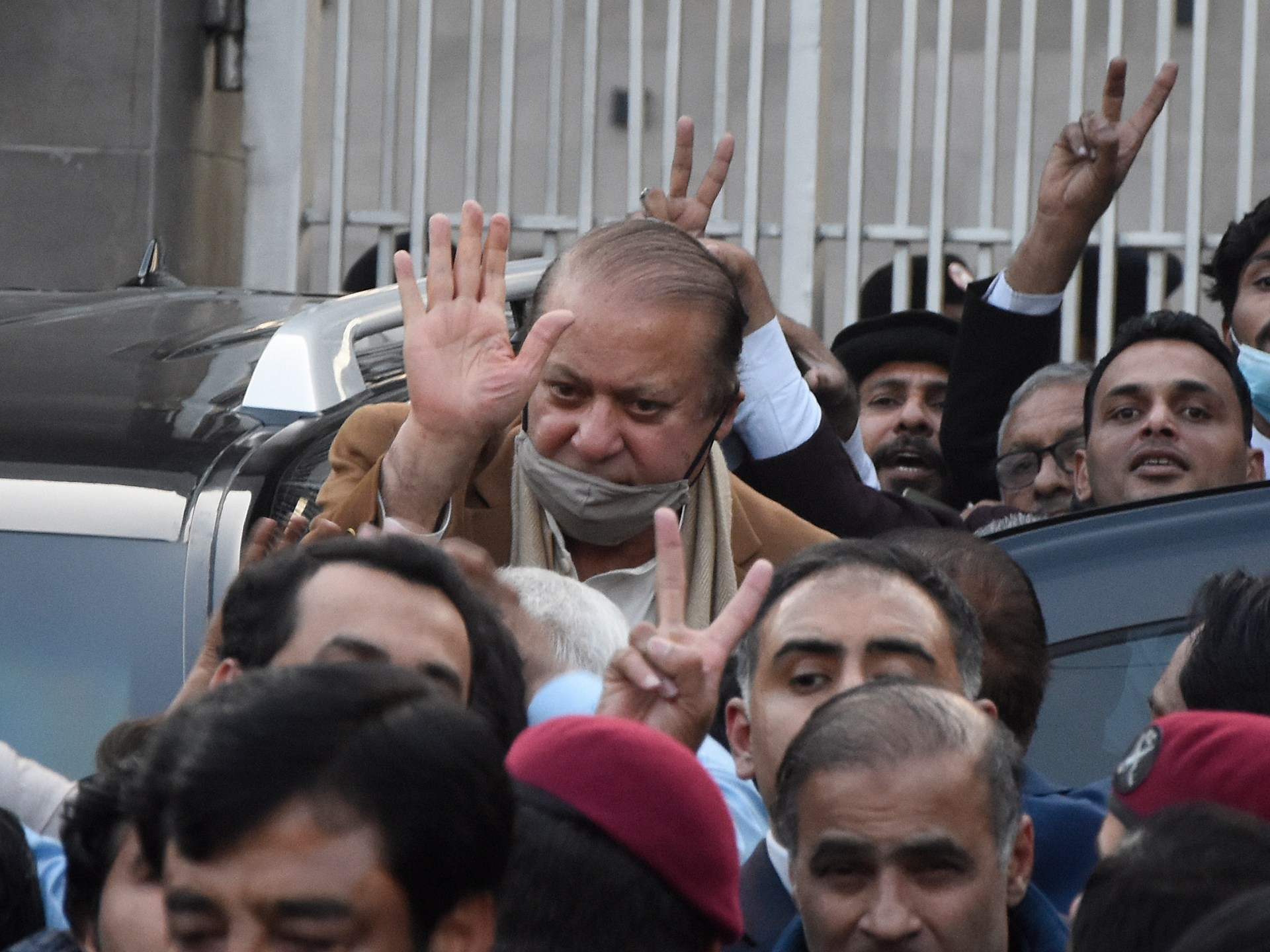Former Pakistani Prime Minister Nawaz Sharif appears poised to compete in the country’s February 8 legislative elections that could see him return to power, after the nation’s Supreme Court reversed its six-year-old verdict disqualifying politicians found to not be “honest and righteous”.
###
Implications of the Court's Verdict
The majority 6-1 decision by a bench led by Chief Justice Qazi Faez Isa overturned the Supreme Court’s own earlier judgment banning people from political participation for life if they are found guilty of a constitutional provision that demands that lawmakers have an upright moral character. The earlier judgment, the court said this week, “abridges the fundamental right of citizens to contest
elections and vote for a candidate of their choice”.
###
Analysts' Reactions to the Verdict
Raza Ahmad Rumi, a political analyst, journalist and author, highlighted that the verdict was “not only a reversal of miscarriage of justice but more importantly, it is a clear acknowledgement of the mistake that was made in the past under the pressure of the then-military establishment leadership.” He emphasized that the decision should not be only seen in the context of Sharif getting relief but as a welcome development for the entire political class. Usama Khawar, a Lahore-based constitutional lawyer, also stated that the Monday ruling would “remove the sword of Damocles” hanging over politicians who fall out of favour with the military establishment.
###
Impact on Sharif and Pakistan's Political Landscape
The Monday ruling would hold significant implications for Sharif, who was previously disqualified from office in July 2017, leading to his arrest and imprisonment. Following his disqualification, his archrival,
Imran Khan, emerged victorious in the 2018 elections. However, now with the roles reversed, Khan is imprisoned on charges of corruption. Meanwhile, Sharif’s return appears to be conditioned on a commitment from the military that legal cases against him would be dropped.
###
The Role of the Military in Politics
Critics of Sharif have accused him of being the beneficiary of military support, highlighting the historical influence of the military in Pakistani politics. Pakistan’s history has seen no prime minister complete their tenure, while the military has directly ruled the country for more than three decades.
###
Challenges and Future Prospects
Asad Rahim Khan, a constitutional lawyer, emphasized that the court’s verdict would have been “the reversal of a historical wrong if an empowered parliament had amended the Constitution.” She stressed the need for Pakistani politicians to unite in order to truly strengthen the country’s democracy, emphasizing the right to an opposition, the centrality of parliament, and the need for governments to serve out their complete five-year tenures.
###
Conclusion
The recent ruling by Pakistan’s Supreme Court holds significant implications for the political landscape in the country, potentially paving the way for the return of former Prime Minister Nawaz Sharif to power. The decision to reverse the six-year-old verdict disqualifying politicians found to not be “honest and righteous” has sparked debate and raised questions about the influence of the military in Pakistani politics. As the nation prepares for the February 8 legislative elections, the outcome will undoubtedly shape the future trajectory of Pakistan’s governance and democracy.


